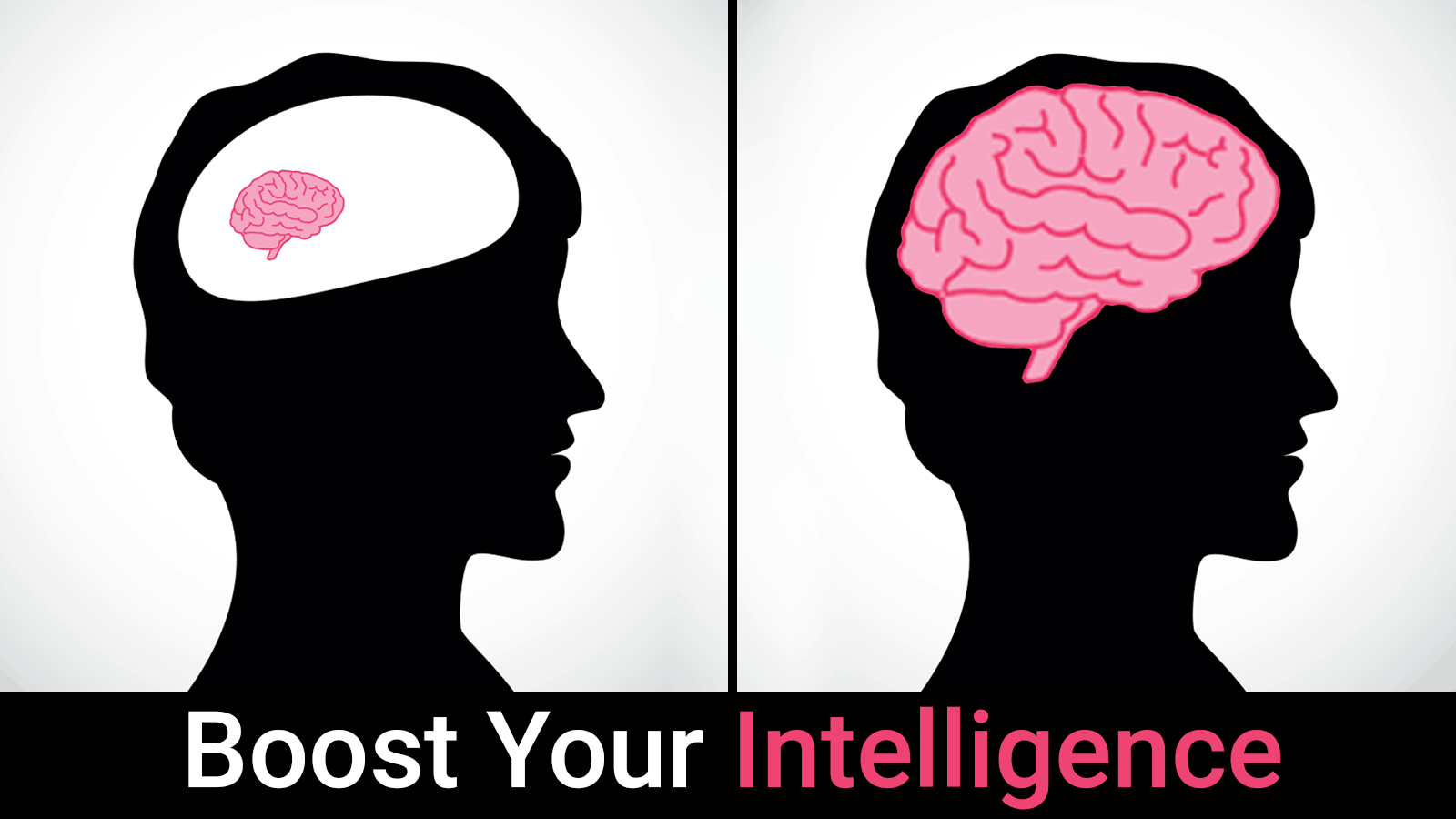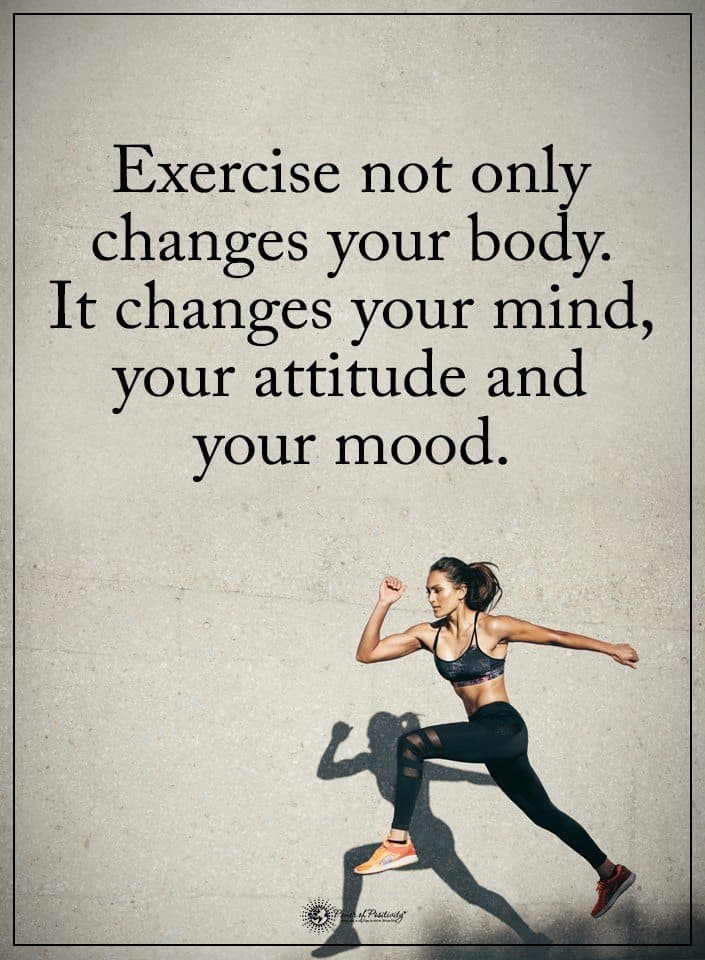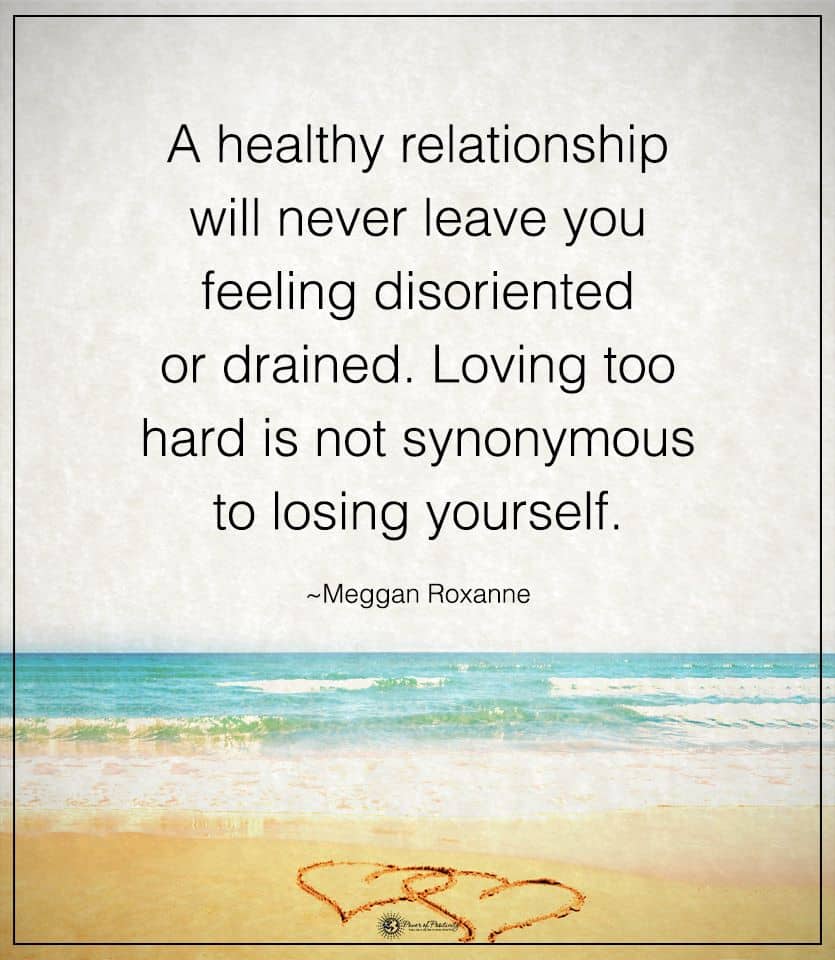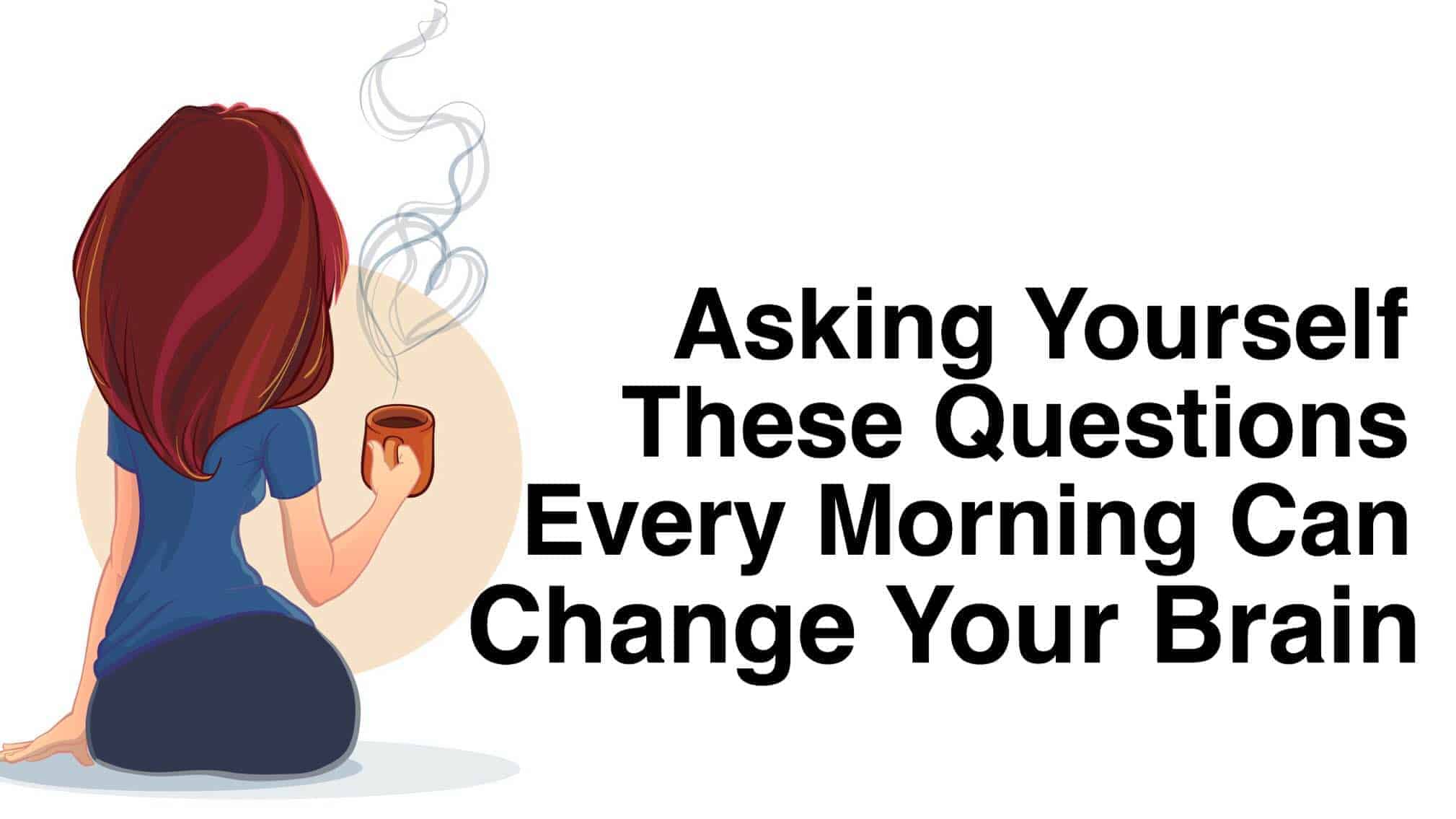Have you ever tried to meditate? Meditation is a huge trend right now and for good reason. Finally the scientific and medical field can agree. meditation has been shown to produce incredible benefits in the body.
To demonstrate just how much meditation has taken the medical community back by its health outcomes, consider that the most prestigious university in the world – Harvard – has an entire research center devoted to the practice. As does MIT, and Yale, and Johns Hopkins, and…well, you get the idea. So lets dive deeper into the subject.
Here is what happens to your body when you meditate every day, according to science:
Meditation Increases Resilience to Stress
Stress – or, to be more precise, distress – is triggered by the hormone cortisol, which is released once the brain identifies something as a stressor. While the experience of stress is hardwired to ensure species survival, the majority of the available scientific literature concludes that regular meditative practice decreases our emotional reactivity.
In a study published in the journal Social Cognitive and Affective Neuroscience, researchers state that meditation strengthens our resilience to stress by suppressing the activity of the amygdala. Part of the limbic system, the amygdala, is the brain’s emotional center, “responsible for detecting fear and preparing for emergency events.”
Meditation Enhances Our Ability to Focus and Pay Attention
Mindful meditation requires single-pointed attention onto an object or activity, (for example, a religious figure or the breath.) Therefore, it should come as little surprise that the act of meditation enhances our ability to concentrate on everyday events.
Ignoring distractions is part and parcel of attention. In this respect, the scientific literature shows that regular meditative practice inhibits the innate tendency of our brain to function on “autopilot,” that is, without conscious thought. Brain scans of long-term meditation practitioners show increased activity in the region of the brain known as the Lateral Prefrontal Cortex (lPFC), which allows us to pay attention while dismissing non-relevant stimuli actively.
Daniel Goleman, Ph.D. and Richard Davidson, Ph.D., in their book Altered Traits: Science Reveals How Meditation Changes Your Mind, Brain, and Body, say “(meditation) undergirds a huge range of what makes us effective in the real world – everything from learning, to realizing we’ve had a creative insight, to seeing a project through to its end.” All activities mentioned by Goleman and Davidson require the effective utilization of focus and attention.
Meditation Boosts Pain Tolerance
Per Kelly McGonigal, Ph.D., meditators process pain differently than the rest of us, explaining: “Meditators pay more attention to the direct sensation of pain. In laboratory studies that deliver painful stimulation, meditators’ brains show more activity in areas associated with sensory processing … non-meditators (show) more activity in areas associated with evaluation and language.”
But wait! Wouldn’t paying more attention to the pain itself hurt (literally) more than help?
It would indeed seem so! But, alas, this is not the case. It is not the feeling of pain that makes the experience (like stubbing a toe) more painful, but our reaction to the event that enhances the pain response. While undergoing voluntary pain stimulating experiments, the functional brain scans (fMRIs) of meditation experts show decreased activity in the areas of the brain responsible for interpreting pain stimuli.
Meditation Decreases Anxiety and Depression
Some studies show that regular meditation sessions may work just as well, if not better, than prescription drugs for relieving anxiety and depression symptoms. This research suggests that meditation changes the structure and function of some areas of the brain, including those affected by episodes of anxiety and depression.
In a meta-analysis of over 18,000 mindfulness meditation studies, researchers from John Hopkins University conclude that the number one use for meditation is anxiety relief. Other studies demonstrate that meditation helps a variety of anxiety and depression conditions, including addictions, agoraphobia, attention deficit disorder (ADD)/attention deficit hyperactivity disorder (ADHD), binge eating disorders, bipolar disorder, generalized anxiety disorder (GAD), and social anxiety.
In other studies, mindfulness meditation has shown to influence the activity of brain chemicals, including GABA, serotonin, and dopamine. Predictably, all three neurochemicals play a role in anxiety and depression.
Meditation Strengthens the Immune System
It is no secret that chronic stress weakens the immune response. A weaker immune system makes one more vulnerable to sickness and disease. As we’ve touched on, regular meditation regulates the stress response – and, in turn, strengthens the immune system.
According to a study published in the journal Brain, Behavior, and Immunity, an 8-week meditation training known as Mindfulness-Based Stress Reduction (MBSR) “resulted in a significantly smaller post-stress inflammatory response” in the participants’ brains.
Prolonged meditative practice does more than strengthen the immune system. Long-term meditators seem to show increased activity in an enzyme called telomerase – known to increase the lifespan of our body’s cells.
“Spiritual meditation is the pathway to Divinity. It is a mystic ladder which reaches from earth to heaven, from error to Truth, from pain to peace.” ~ James Allen
https://youtu.be/CU2LlJxEdJ4









